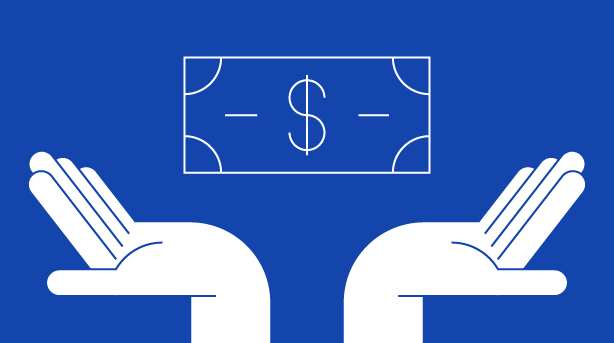Spotify want songwriters to be paid more but they’re appealing against royalty increases
Spotify have appealed against the Copyright Royalty Boards new rates but they say they support the increased streaming rates.
The US Copyright Royalty Board (CRB) have defined the new royalty rate that services will legally be required to pay out for music. The amendment to rates, which was finalised last month, will see mechanical royalties paid out to songwriters grow by at least 44% in the US between 2018 and 2022.
The rise in rates would affect all on-demand streaming services in paying out more per stream. But many of the biggest streaming services in the US have appealed against the decision, including; Spotify, Amazon, Google, and Pandora.
So why are music streaming services against artists and publishers getting paid more per stream in an industry that has quickly become the primary source of music for their country? In a new blog post Spotify have outlined their position to try and clarify why they are appealing against the decision.
Spotify insist that despite their appeal they do want songwriters to be paid more, saying: “The industry needs to continue evolving to ensure that the people who create the music we all love – artists and songwriters – can earn a living. The question is how best to achieve that goal.”
So why are they appealing? Spotify say that the CRB structure is “complex and there were significant flaws in how it was set”. Their particular concern, according to their statements, is that it will be apparently “very difficult” for music services to offer ‘bundles’ of music and non-music offerings. They insist that this is a key element in acquiring new subscribers to “keep growing the revenue pie for everyone”.
They have given vague terms on when they will be willing to support the increase in songwriter royalties.
“Music services, artists, songwriters and all other rightsholders share the same revenue stream, and it’s natural for everyone to want a bigger piece of that pie. But that cannot come at the expense of continuing to grow the industry via streaming. The CRB judges set the new publishing rates by assuming that record labels would react by reducing their licensing rates, but their assumption is incorrect. However, we are willing to support an increase in songwriter royalties provides the license encompasses the right scope of publishing rights.”
However, referring to the assumption that record labels would reduce their licensing rates, the NMPA president and CEO has refuted that as “one giant lie”. Speaking to Music Business Worldwide, David Israelite said: “I’m sure a PR team spent a great deal of time and energy crafting a statement to try to deceive artists and songwriters. They must think artists and songwriters are stupid. They are not.”
He continues: “The CRB ordered a rate increase for songwriters. Spotify is against it. It really is that simple.” Apple Music are the most notable service who seem to have accepted the decision and not made an appeal.
Israelite congratulated them, saying: “We thank Apple Music for accepting the CRB decision and continuing its practice of being a friend to songwriters. While Spotify and Amazon surely hope this will play out in quiet appellate courtroom, every songwriter and every fan of music should stand up and take notice. We will fight with every available resource to protect the CRB’s decision.”
Spotify bizarrely claim that the National Music Publishers Association have also appealed against the CRB’s new royalty rates. We will see how the appeals of major streaming services plays out over the coming weeks. It looks like it might get messy.
